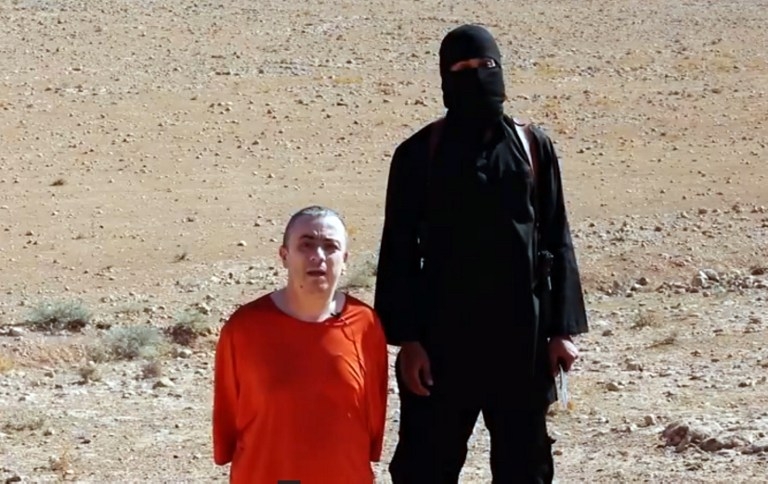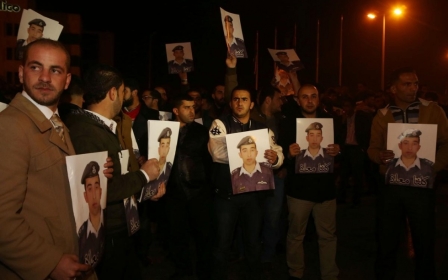Reports identify IS 'Jihadi John'

Reports have identified the masked Islamic State’s ‘Jihadi John’ as West Londoner Mohamed Emwazi.
The Kuwati-born computer programmer shown in several hostage videos speaking with a British accent, graduated from the University of Westminster and comes from a well-to-do family, according to a Washington Post report published Thursday.
He is believed to have joined the Islamic State after traveling to Syria in 2012.
The Washington Post report quoted a close friend of Emwazi saying: “I have no doubt that Mohammed is Jihadi John.”
“He was like a brother to me. . . . I am sure it is him.”
Authorities used investigative techniques, including voice analysis and interviews with former hostages, to try to identify Jihadi John, reported the Washington Post.
James Comey, the director of the FBI, said in September - only a month after the Briton was seen in a video killing American journalist James Foley - that officials believed they had succeeded.
While the British government has confirmed that the ongoing police investigation into the murder of IS hostages is taking place, it declined to comment on the identity of Jihadi John saying “it is not appropriate for the government to comment on any part of it [and investigation] as it continues.”
A spokeswoman for the British Embassy in Washington also said: “Our prime minister has been clear that we want all those who have committed murder on behalf of ISIL to face justice for the appalling acts carried out.
The Washington Post also quoted Asim Qureshi, research director at the rights group, CAGE, after watching one of the videos saying: “There was an extremely strong resemblance.”
“This is making me feel fairly certain that this is the same person.”
In a statement released on the same day by CAGE however, Qureshi denied that he had confirmed the identity of Jihadi John.
“The journalist showed Qureshi a video of Jihadi John in order to identify him. Qureshi clarified that while there were some striking similarities, that due to the hood, there was no way he could be 100 percent certain,” the statement said.
The CAGE statement instead shed light on British domestic and foreign policy.
"This case should trigger thinking about British domestic and foreign policy. What risk assessments, if any, have been made about British counter-terrorism policy and the key part it plays in radicalising individuals?” said Qureshi in the statement.
"Like Michael Adebolajo, suffocating domestic policies aimed at turning a person into an informant but which prevent a person from fulfilling their basic life needs would have left a lasting impression on Emwazi. He desperately wanted to use the system to change his situation, but the system ultimately rejected him,” added Qureshi.
Middle East Eye propose une couverture et une analyse indépendantes et incomparables du Moyen-Orient, de l’Afrique du Nord et d’autres régions du monde. Pour en savoir plus sur la reprise de ce contenu et les frais qui s’appliquent, veuillez remplir ce formulaire [en anglais]. Pour en savoir plus sur MEE, cliquez ici [en anglais].




